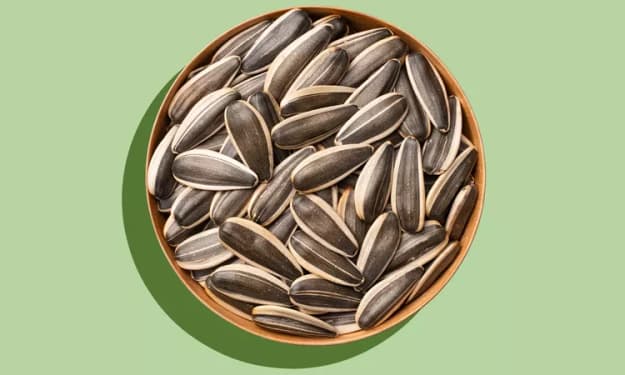18 Causes of Hair Loss — And What You Can Do About It
Read the article to find out and claim a free prize!

Hair loss can affect individuals of all ages and can be caused by various factors. Whether it’s thinning hair, shedding hair, or complete hair loss, the impact can be demoralizing. There are multiple reasons behind hair loss, ranging from nutritional deficiencies to underlying health conditions. Fortunately, there are numerous treatment options available depending on the cause. Here are 18 common reasons for hair loss and potential solutions:
Age: Hair loss or thinning is common as people get older. You can use cosmetic approaches like hair coverings or hairstyles to conceal thin spots. Avoid practices such as using hair care products not designed for your hair type, excessive use of heat tools, tugging while combing or brushing, and wearing hairstyles that pull on your hair.
Alopecia Areata: This autoimmune skin disease can cause hair loss on the scalp and other parts of the body. Treatment options include topical treatments, oral or injectable medications, and ultraviolet light therapy.
Anabolic Steroids: Taking anabolic steroids, often abused by athletes for muscle growth, can lead to hair loss. The hormones affected by steroids can disrupt hair growth regulation.
Changing Hormones: Hair loss can occur when starting or stopping birth control pills or during menopause due to hormonal changes. Consult a healthcare provider if new medication leads to hair loss.
Chemotherapy: Some cancer drugs can cause hair loss, but hair typically grows back after treatment, sometimes with a different texture or color.
Compulsive Hair Pulling (Trichotillomania): This impulse control disorder leads to compulsive hair pulling, resulting in hair loss. Treatment options include antidepressants and behavioral modification therapy.
Female and Male-Pattern Baldness: Male-pattern baldness involves receding hairlines and an M-shaped hairline, while female-pattern baldness includes hair follicle shrinkage over time. Treatment options include minoxidil (Rogaine), oral medications like finasteride (Propecia), or hair transplantation.
Low Iron Levels: Iron deficiency can cause hair loss. Treating iron-deficiency anemia may involve iron supplements and a diet rich in iron and vitamin C.
Lupus: This autoimmune disease can lead to hair loss, and in some cases, scarring on the scalp may prevent regrowth. Consult a healthcare provider before trying any treatments.
Medications: Some medications, including antidepressants, blood thinners, and certain anti-inflammatory drugs, can promote hair loss. Discuss with a healthcare provider to adjust the dosage or switch medications if necessary.
Over-Styling: Vigorous styling and harsh treatments like chemical relaxers, tight braids, and hot-oil treatments can lead to hair loss. Use conditioner, limit heat exposure, and avoid harsh styling practices.
Polycystic Ovary Syndrome (PCOS): PCOS, characterized by a hormone imbalance, can cause hair thinning and excess hair on the face and body. Treatment options include weight management, birth control pills, and specific treatments for infertility or diabetes risk.
Pregnancy: Hormonal changes during and after pregnancy can lead to hair loss, which typically resolves over time.
Protein Deficiency: Inadequate protein intake can contribute to hair loss. Include protein-rich foods like eggs, chicken, beans, and yogurt in your diet.
Stress or Illness: Stress-induced hair loss, known as telogen effluvium, can occur during illness or high-stress periods. Limiting stress is helpful, and minoxidil may be recommended.
Thyroid Conditions: Hyperthyroidism and hypothyroidism can cause various hair problems. Treating the underlying thyroid condition is essential.
Too Much Vitamin A: Excessive intake of vitamin A-containing supplements or medications can trigger hair loss. Ensure you stay within the recommended daily amount of vitamin A.
Weight Loss: Significant weight loss can lead to hair thinning due to stress on the body or nutritional deficiencies. Hair loss can also be a symptom of eating disorders. Hair loss usually stops after weight normalizes and nutritional needs are met.
Always consult a healthcare provider before trying any treatments, especially if you’re unsure about the cause of your hair loss. They can provide appropriate guidance and recommend the most suitable options for your situation.
GET YOUR FREE E-BOOK ON HAIR LOSS NOW: CLICK HERE






Comments
There are no comments for this story
Be the first to respond and start the conversation.